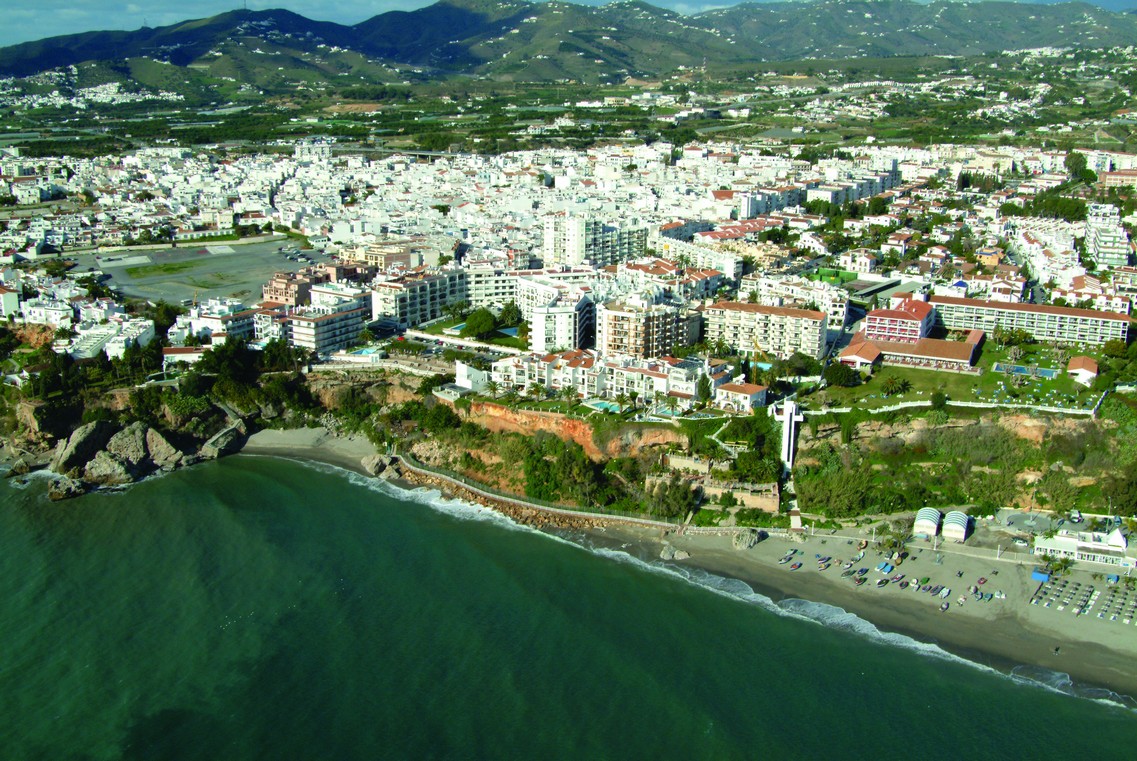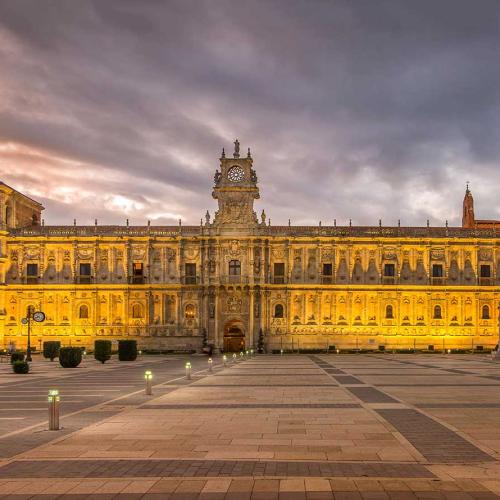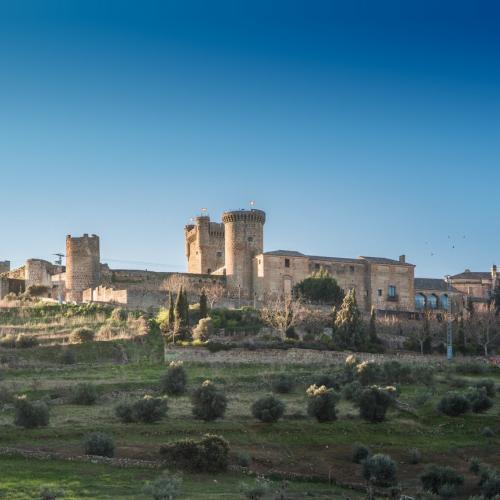The guitar, the classic guitar, also known as the Spanish guitar, has become a symbol of Spanish culture. The origins of the guitar are quite vague. From Paradores, we want to introduce you to this magical musical instrument that represents somehow our country, Spain, our music and our musical spirit. Shall we get to know a bit more about it?
- The creation of the Spanish guitar is the consequence of the mixture of societies and cultures between Hispanic-Christians and Hispanic-Muslims around the Mediterranean region in the XIV century.
- The vihuela, the Moresque guitar as well as the Greek Kithara are said to be the predecessors that finally originated the Spanish guitar as it is.
- In the XVII century, it became a really famous and renowned instrument all over Europe. It experienced several improvements on the design, the materials, and the technique, which developed the sound and musical style into a more refined one.
- The sixth string was added in the XVIII century and so it became what we know now as a guitar, in shape and sound. Before, it just had 5 strings.
- The XIX century was the period of most development of the Spanish guitar because of the Industrial Revolution and the advances in society, international relationships and means of transport, which let the guitar and its music to spread abroad.
- The maturing period of the Spanish guitar came in the XX century and so it got consolidated as the musical instrument it is nowadays, as well as a symbol of Spain, Spanish music and Spanish culture.
In some of our Paradores, you can delight in Flamenco shows from time to time. Especially in the south of Spain, from where the Spanish guitar is quite representative like in the regions of Extremadura, Andalucía and Murcia. Those ones offering these shows occasionally are the Parador de Nerja, the Parador de Granada or the Parador de Córdoba. Both of them belong to a region where the Spanish guitar and Flamenco music is considered a symbol of the culture there. Who does not want to enjoy an authentic Spanish guitar show, where strength, passion, culture and music join together?



